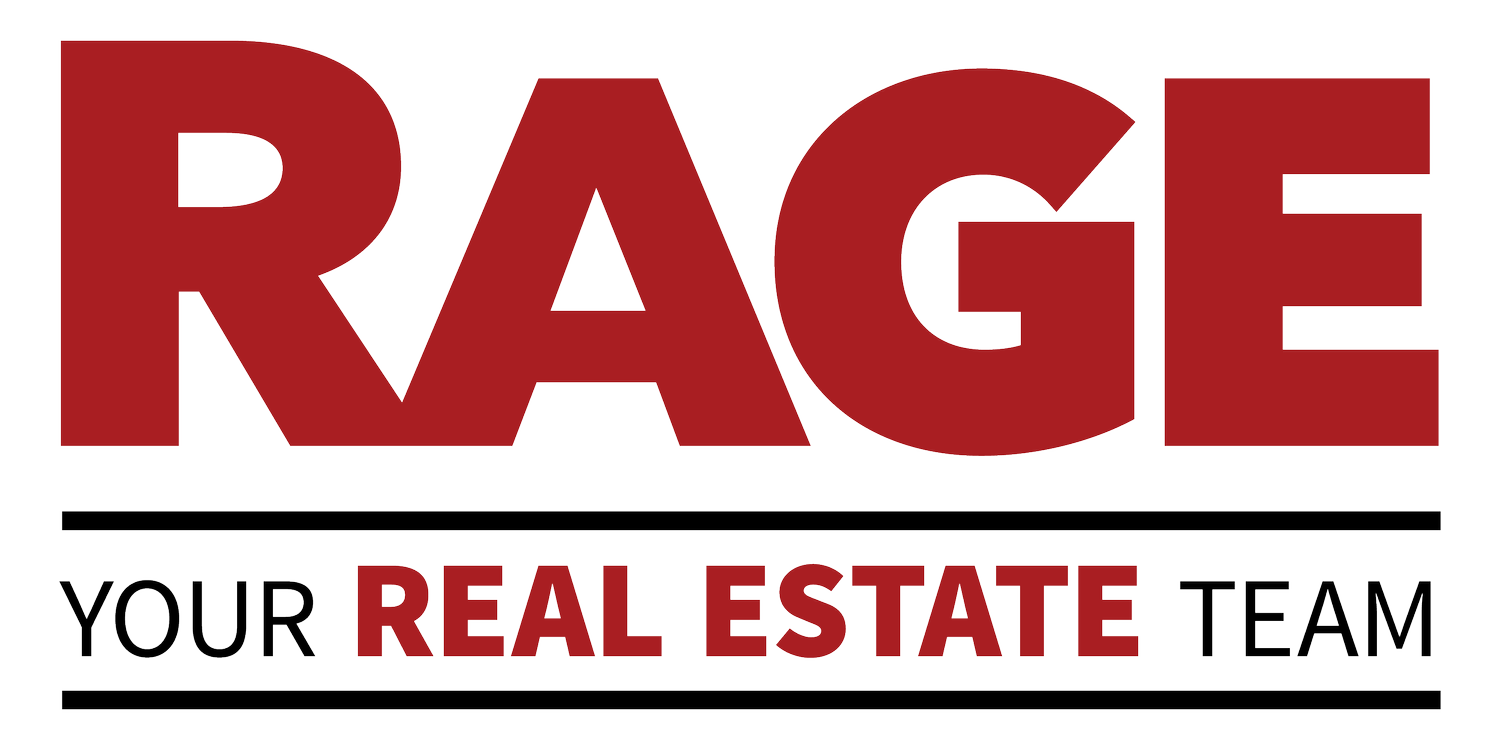Five Financial Benefits of Home Ownership
An upside of living in the USA is that the tax system incentivizes private property ownership, making real estate an incredible path toward wealth building. The government also makes taxes super confusing, and we’re neither CPAs nor lawyers, so please consult with a CPA or an attorney prior to making any decisions based on the information below.
1. Mortgage Interest Is Tax Deductible
For most taxpayers who own homes, you are able to reduce your taxable income from the previous year by the total interest paid on your mortgage debt.
So, if you made $120,000 and paid $12,000 in interest, your taxable income could be reduced to $108,000.
This can contribute toward a big boost to your refund during tax season because you are owed back any taxes you previously paid on that $12,000 income.
2. Mortgage Payments are a Form of Forced Savings
Saving money is hard. But, what if part of a “bill” you paid every month actually increased your net worth?
Every month when you make your mortgage payment, you’re paying property taxes, interest, and insurance, AND you’re ALSO paying down a portion of your home loan, thus building equity (the gap between what your home is worth and what you owe on the home is called equity).
Unlike making a car payment (hoping you can pay off the loan faster than the rate your car goes down in value), paying down the loan on a home that retains its value over time, is like being forced to save money.
3. Money Earned from Selling Your Home Is Often Tax-Free
When selling your home, you are eligible to keep the profits (i.e. gains) tax-free “if you have owned and used your home as your main home for a period aggregating at least two years out of the five years prior to its date of sale.”
The amount you can earn tax free is restricted to $250,000 for individuals or $500,000 for married couples filing taxes jointly. (read official IRS guidelines here).
4. Homeownership Offers “Fixed Costs” - Renting Doesn’t
When you buy a house, the sale price is fixed and most people select a fixed rate loan over either 15 or 30 years.
That means the principal and interest portion of the monthly payment will never change until the house is paid off. If you pay $1,200/month now - you’ll be paying $1,200 in 12 years. Your principal and interest portion won’t change.
That process provides the opportunity for many people to have a paid-off house by retirement, so that when you quit working and your income drops, you also “drop” your house payment.
Furthermore, when accounting for inflation, a fixed-rate mortgage can also become more affordable over time as inflation makes other costs continue to rise.
For people who rent, their housing costs will typically only increase over time when accounting for inflation and rising costs.
5. Investment Properties have Amazing Tax Write-Offs
When a home is purchased as a rental or you stop living there and start using it as a rental, the IRS begins viewing that home differently as it pertains to taxes.
In short, instead of the building being your home, that building is now viewed as a business.
Just like all business equipment - trucks, cameras, computers - your rental building breaks down over time, and so the IRS allows you to write off that breaking down of the property in the form of depreciation.
The idea is that if the building is not maintained, it will slowly break down until it’s a pile of saw dust and scrap metal on the ground, and thus the value of the building would be zero.
So, you get to incrementally write off that wear and tear in the form of deprecation. Even if you make money by collecting rent, that income can be offset by the depreciation you get to write-off.
This can offer big tax savings each year.
Most U.S. residential rental property is depreciated at a rate of 3.636% each year for 27.5 years.
A more detailed explanation of depreciation is available here, or talk to your CPA to see how this tax tool might help you!
We hope this content serves you well as you seek to be savvy homeowners and make wise financial decisions for your future. If you'd like to chat further or are considering moving in the coming months or year, let's get a meeting scheduled today!
- Josh & The RAGE Team
This material has been prepared for informational purposes only, and is not intended to provide, and should not be relied on for tax, legal, or accounting advice. You should consult your own tax, legal and accounting advisors before engaging in any transaction.

